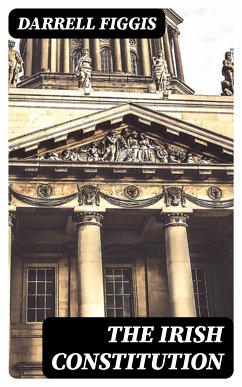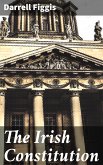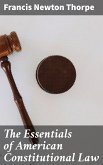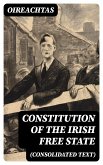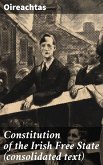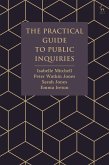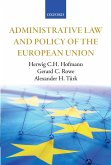In "The Irish Constitution," Darrell Figgis presents a meticulous examination of the foundational legal document that governs the Republic of Ireland, contextualizing its historical origins and philosophical underpinnings. Figgis's literary style is both analytical and reflective, weaving together legal insights and constitutional theory with a lyrical prose that captures the complexities of Irish identity in the early 20th century. The text engages with the political climate of post-independence Ireland, addressing the tensions between national sovereignty and cultural heritage, while asserting the necessity for a constitution that reflects the aspirations of the Irish people. Darrell Figgis, a distinguished writer and political thinker, played a significant role in the Irish Nationalist movement during the tumultuous years of early independence. His experiences as a scholar and an advocate for Irish self-determination informed his understanding of the interplay between law and culture. Figgis's deep commitment to the ideals of democracy and social justice propelled him to critically assess the fledgling state's legal structures, imbuing his work with a sense of urgency and relevance. This book is essential reading for anyone interested in Irish history, law, or politics. Figgis's nuanced arguments invite readers to contemplate the ongoing evolution of constitutional law and the quest for national identity. Whether scholars, students, or general readers, audiences will find their understanding of Ireland's legal and cultural landscape enriched by this profound work.
Dieser Download kann aus rechtlichen Gründen nur mit Rechnungsadresse in A, B, BG, CY, CZ, D, DK, EW, E, FIN, F, GR, H, IRL, I, LT, L, LR, M, NL, PL, P, R, S, SLO, SK ausgeliefert werden.

